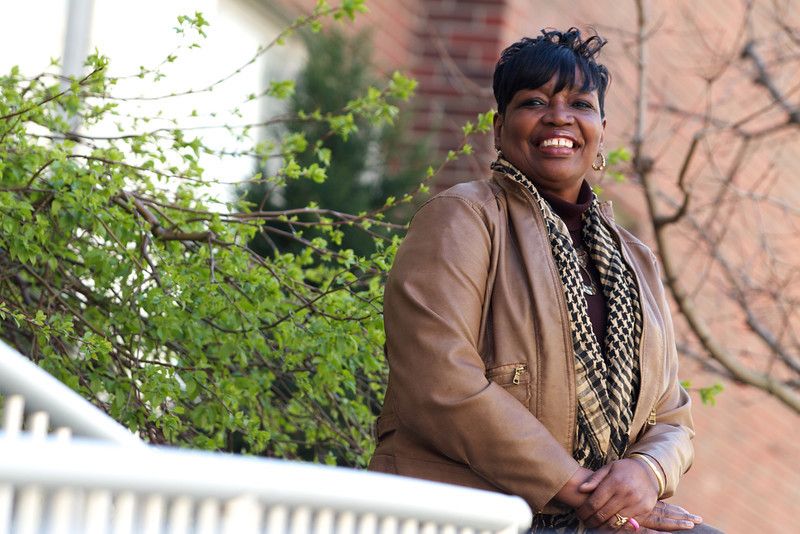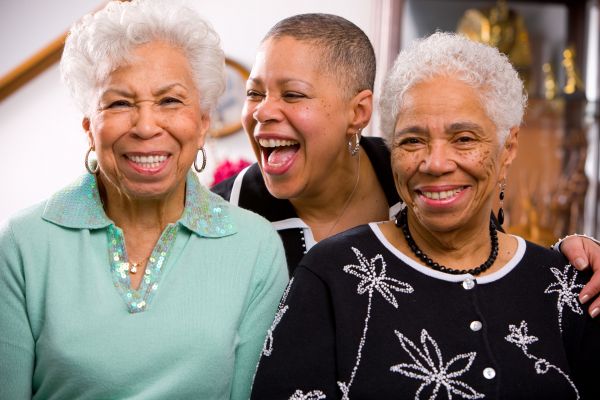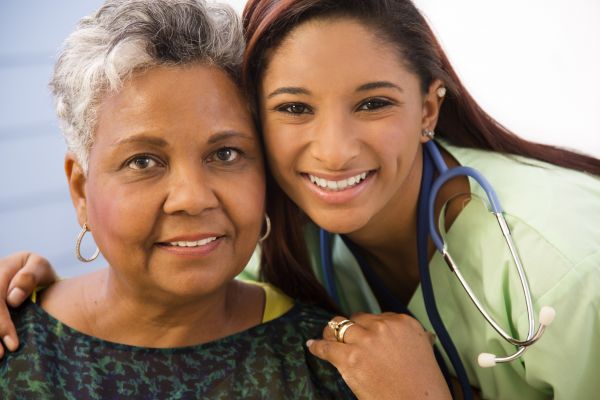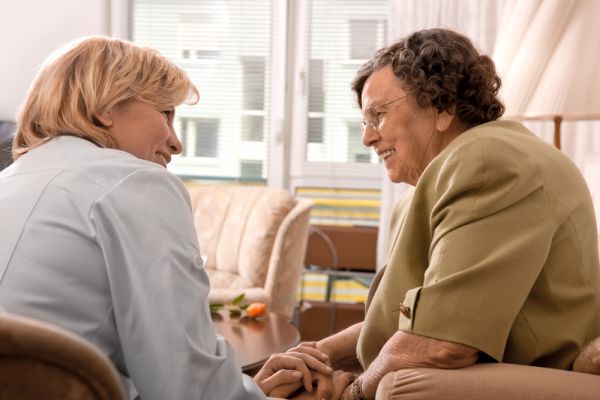I didn’t know much about cancer when I was growing up. My family never talked about it in front of the children. So when I was diagnosed with breast cancer in 2009, I was shocked to learn that over the years, many of my relatives also had cancer. And too many of them had died from it.
As a professional working with the HIV-AIDS population, I knew that disease has a greater impact on minorities. But I didn’t know this was also true for cancer. In fact, according to the American Cancer Society, of all racial and ethnic groups in the U.S., African-Americans have the highest death rate and shortest survival of most cancers. Poverty as well as lack of access to prevention/detection services and high-quality treatment are part of the reason. Many of us don’t get screened for cancer as we should. But there’s more to it.
Since I’m the kind of person who wants to know what she’s up against, I went to the patient library at Roswell Park. I found an 800-page book on breast cancer; it had one paragraph on breast cancer in African-American women.
The more homework I did on my condition, the more I realized that all the medical information on treatment effectiveness was based on research done with Caucasian women. Should I assume the findings would be true for African-American women, too? Does cancer act the same in all women, regardless of ethnicity?
The answer is no.
Apparently there are some biologic factors associated with poor breast cancer outcomes that occur more often in African-American women. But very little information is available on the impact these factors have on treatment and how the disease progresses. The research just hasn’t been done.
Clinical trials are at the heart of learning how to identify and treat disease more effectively and safely. They need to be conducted on a diverse patient group, so researchers can learn about how results vary depending on patients’ lifestyle, ethnicity and genetic makeup. Yet more than 95% of cancer patients in clinical trials are Caucasian. Only 1.3% are African American or Latino. And less than 2% of clinical studies actually focus on non-white populations.
My doctor offered to enroll me in a clinical trial for a new breast cancer treatment. The little voice in my head screamed “no,” amid historic images of Tuskegee and exploitive experiments. But a research nurse sat with me and explained the study, reassuring me I would get the best, proven treatment for my stage and type of cancer, whether or not I was in the trial arm.
I thought about how little is known regarding breast cancer in African-American women. I thought about my granddaughters and so many of the young women I know and love. If they get cancer, they deserve to be treated with the latest scientific knowledge and discoveries. They deserve so much more than one paragraph in an 800-page book.
So I joined that trial. I did it so that future generations of African Americans will benefit from more effective and safer — better—medical care; because today’s cures were yesterday’s clinical trials.
And by the way, I believe that trial saved my life.
About the Author: Averl Anderson is a minister with Greater Emmanuel Temple in Buffalo and a chaplain at Erie County Medical Center and at Roswell Park Comprehensive Cancer Center. She spent five years working in community outreach with the Buffalo/Niagara Witness Project, a cancer-prevention program based at Roswell Park that primarily serves African-American women.
Ms. Anderson is a national spokesperson for the I'm In campaign, founded by the Pharmaceutical Research and Manufacturers of America (PhRMA) and the National Minority Quality Forum (NMQF) to improve health by increasing clinical trial participation among traditionally underrepresented populations through advocacy, education and technology. She spoke about her personal experience as a cancer survivor and clinical trial participant at a March 12, 2014, press conference in Washington, DC, when the "I’m In" campaign was announced.
Editor’s Note: Cancer patient outcomes and experiences may vary, even for those with the same type of cancer. An individual patient’s story should not be used as a prediction of how another patient will respond to treatment. Roswell Park is transparent about the survival rates of our patients as compared to national standards, and provides this information, when available, within the cancer type sections of this website.



